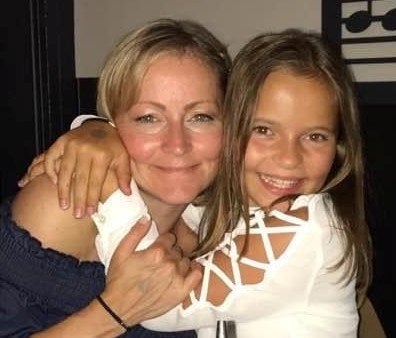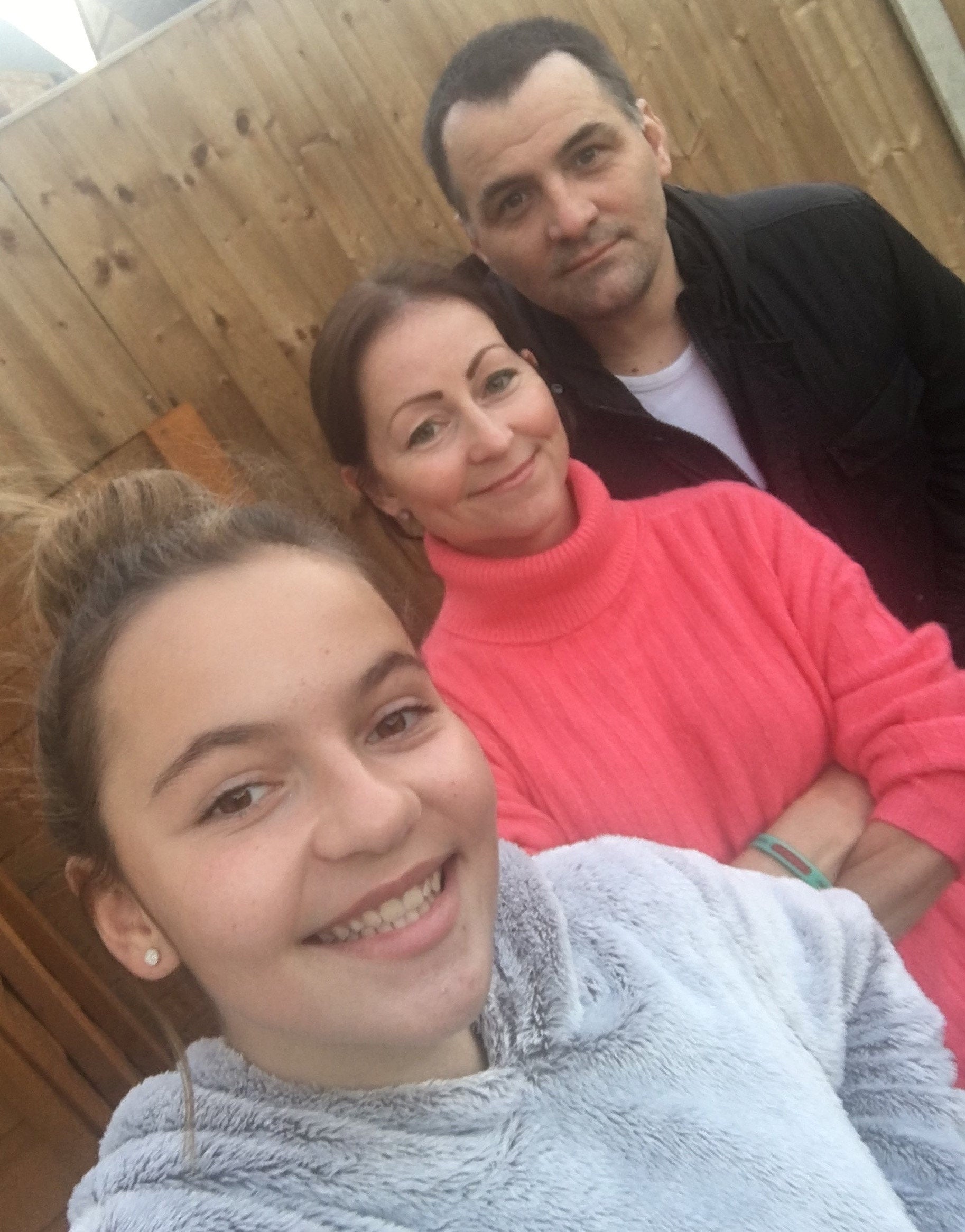Woman diagnosed with epilepsy actually had rare cancer
Nicola Clark, 45, was wrongly diagnosed with epilepsy in 2010 after she started suffering absence seizures

Your support helps us to tell the story
From reproductive rights to climate change to Big Tech, The Independent is on the ground when the story is developing. Whether it's investigating the financials of Elon Musk's pro-Trump PAC or producing our latest documentary, 'The A Word', which shines a light on the American women fighting for reproductive rights, we know how important it is to parse out the facts from the messaging.
At such a critical moment in US history, we need reporters on the ground. Your donation allows us to keep sending journalists to speak to both sides of the story.
The Independent is trusted by Americans across the entire political spectrum. And unlike many other quality news outlets, we choose not to lock Americans out of our reporting and analysis with paywalls. We believe quality journalism should be available to everyone, paid for by those who can afford it.
Your support makes all the difference.A woman has learned to speak Chinese after tests ahead of brain tumour surgery revealed she had good linguistic skills.
Nicola Clark, 45, was wrongly diagnosed with epilepsy in 2010 after she started suffering absence seizures.
After medication for epilepsy failed to work and her seizures became more frequent, she sought a second opinion.
She was finally diagnosed with a rare ganglioglioma brain tumour in 2017.
Nicola underwent a craniotomy in April 2018 and has not suffered a seizure since - but has developed a passion for languages.
During a series of tests prior to her surgery doctors discovered Nicola had ‘great linguistic skills’.
The mother-of-one from Maldon in Essex decided to put it to good use and has since learnt to speak Mandarin.
Now fighting fit, Nicola said: “As a result of the neurological tests carried out on me ahead of surgery, I was told that I had great linguistic skills.
‘’I joked with the team about learning Chinese. ’After pulling through my surgery, I felt so good that that’s exactly what I did.
“In the year following brain surgery, I got a Mandarin qualification and hope it proves to my daughter that anything is possible if you put your mind to it.”
She added: ‘’Over the course of seven years, I went from having an episode every couple of months to several a week.
“They didn’t come with any warning signs and, over time, became so bad that I often found myself collapsing in the middle of the road or on a train platform when I was on my way home from work or picking my daughter up from school.
“I frequently had painful cuts and bruises, so it was an extremely challenging time.
“Living my life was like walking a tightrope, never knowing if and where I’d fall from one day to the next. It made me painfully aware of quickly life can change, in an instant and without warning.’’

Nicola had been working in IT in a busy London law firm when she began to suffer seizures but has changed careers following her diagnosis.
She now works as a disability business mentor in order to advocate for people with invisible disabilities.
She said: “When you’re faced with your own mortality every day, it gives you a different perspective on life and, in my case, it’s made me want and be able to help others through their journeys.
“With that in mind, I’ve left my job in IT and now work as a disability business mentor, helping companies learn about people with invisible disabilities.
“Brain tumours can provide hurdles for those who have them but the more we talk about and understand them, the less hurdles there will be and the less isolated patients will feel.”
Community development manager for Brain Tumour Research, Charlie Allsebrook, said: “Brain tumours kill more children and adults under the age of 40 than any other cancer yet, historically, just 1% of the national spend on cancer research has been allocated to this devastating disease.
“We’re determined to change this but it’s only through greater investment in research that this will be possible.
“We’re extremely grateful to Nicola for speaking so candidly about her experience and hope that her doing so encourages greater understanding of brain tumours and instils confidence and hope in other brain tumour patients.”



Join our commenting forum
Join thought-provoking conversations, follow other Independent readers and see their replies
Comments